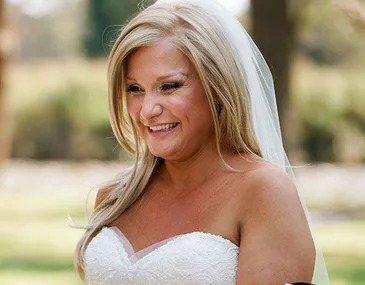Lauren Skeen, 44, from Sydney, NSW shares her story with Take 5’s Mitchell Jordan:
Brushing my long blonde hair, I stopped in surprise when I noticed a bald patch on my scalp.
It was about 5cm wide.
Luckily, I was able to cover it and go about my day.
Life as a wife and mother of two with another child on the way meant I was so busy I forgot all about it.
But soon, more patches started to appear.
“It must be all the stress I’m under at work,” I said to my husband, who suggested I try to relax a little more.
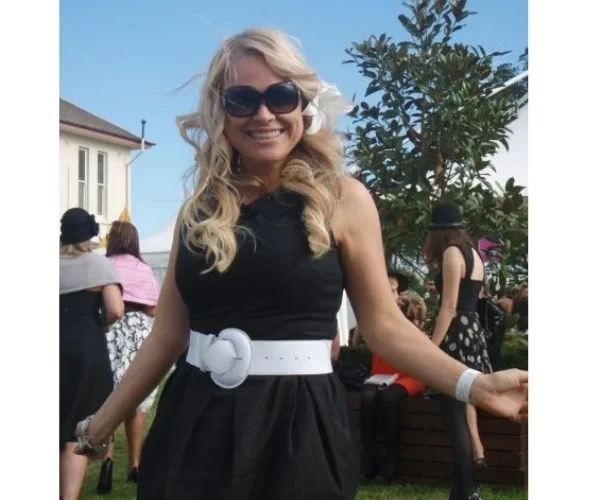
Before hair loss.
(Image: Supplied)But after giving birth to my third child, Kingsley, I was practically bald and diagnosed with alopecia areata, a form of sudden hair loss that happens when the body’s immune system attacks hair follicles.
My kids and family gave me plenty to focus on but, over time, I started wondering how my husband could ever find me attractive.
Instead of feeling feminine, I felt freakish without the long hair I’d had my whole life.
I took to wearing beanies and bandanas even in the hot weather and tried to get on with life as best I could.
A year after my diagnosis, my eyebrows and lashes fell off, too.
Soon, there wasn’t a single hair on my body!
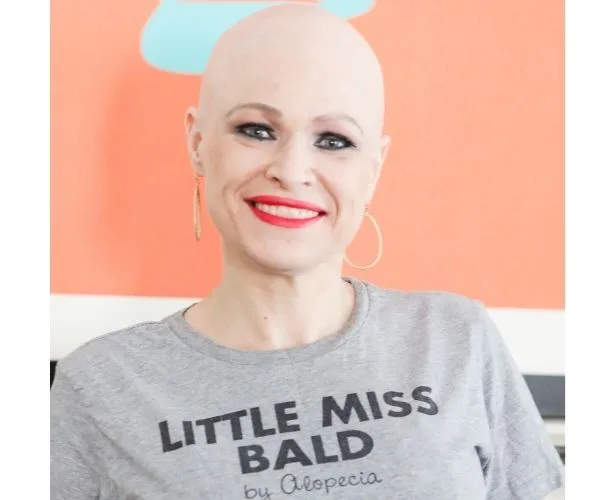
Learning to embrace alopecia.
(Image: Supplied)I’m a snake, I thought, repulsed.
Diagnosed with alopecia universalis – a more extreme condition that leaves you completely hairless – I knew something had to change.
I’d tried everything from steroid injections to a prosthetic wig I could even wear while swimming to hide from my condition.
“No more,” I told my family. “That’s enough.”
Going public with my story was liberating and I had the whole family’s support.
But by the time my eldest, Violet, was three, she started losing hair, too.
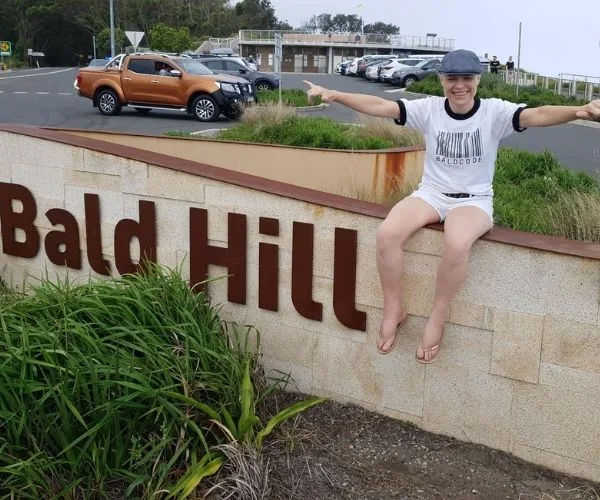
Going public felt great.
(Image: Supplied)This isn’t fair, I thought. I’m an adult, she’s only a kid.
“Mummy and Daddy are going to give you a groovy haircut,” we told her, finding ways to cover it up.
Thankfully, a hair mousse with steroids stopped it from spreading but by the time Kingsley was three, the same thing happened to him.
He continued to lose his hair, so I sat down and spoke to him and Violet.
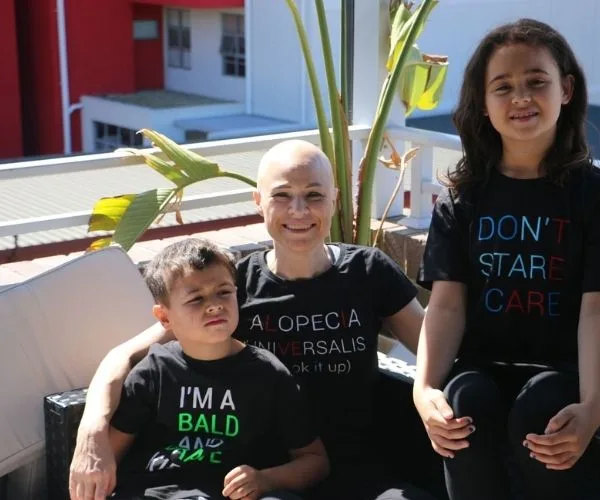
With the kids.
(Image: Supplied)“It’s really cool to be different,” I said. “It means you get to stand out.”
It can be hard for them sometimes to accept alopecia, but I’ve since started a T-shirt company, Bald Top, where we sell T-shirts with inspiring messages to remind others that living without hair isn’t the end of the world.
So often I meet parents who are hysterical when it happens to their children, but I always tell them the same thing: “Embrace difference.”
Violet, 11, and Kingsley, seven, have helped me on my journey and I’ll do everything I can to make them, and others, smile during theirs.
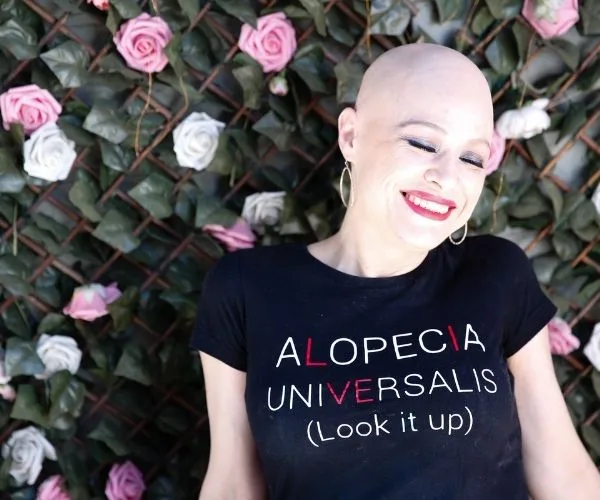
So often I meet parents who are hysterical when it happens to their children, but I always tell them the same thing: “Embrace difference.”
(Image: Supplied)-copy-5.png?resize=380%2C285)
